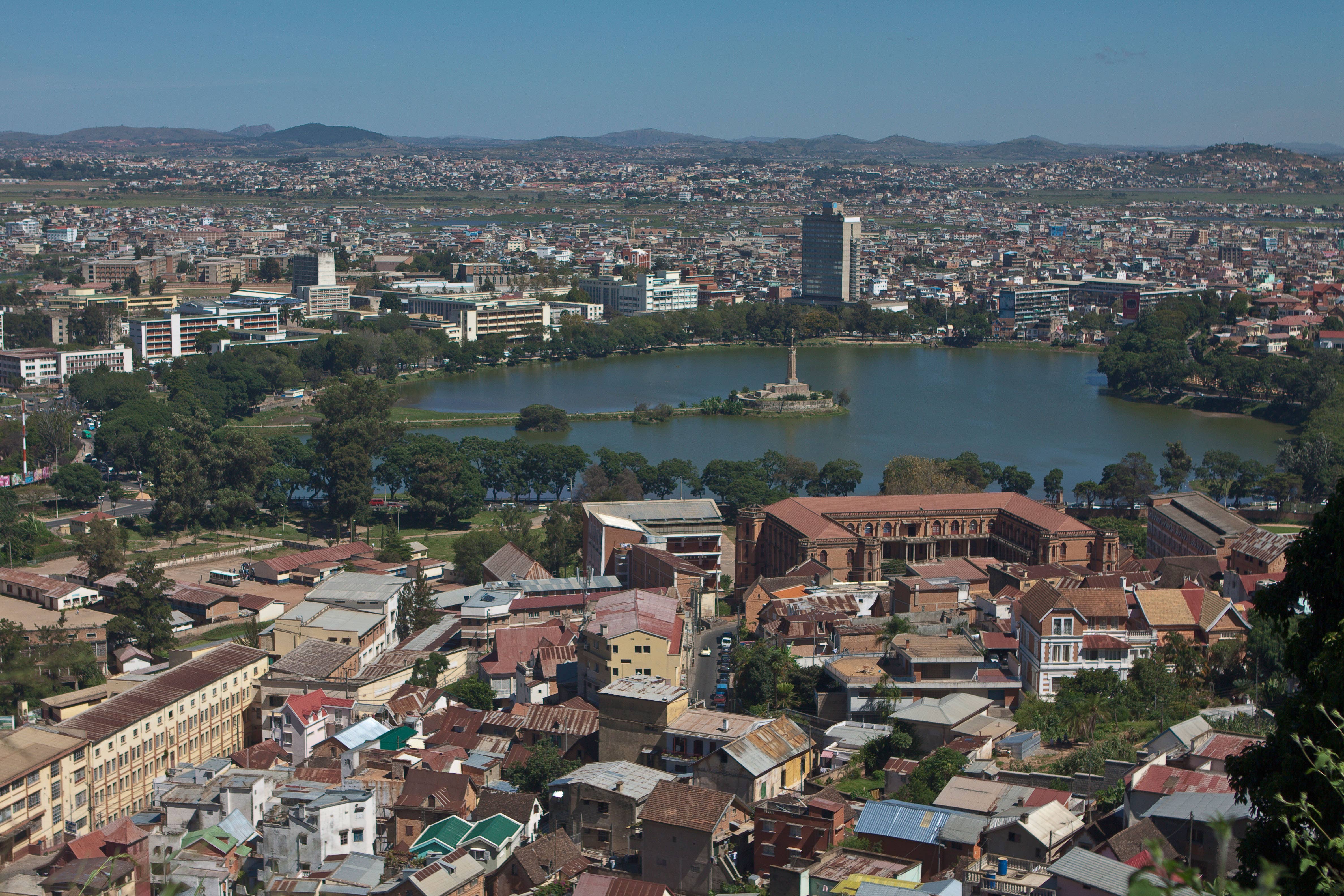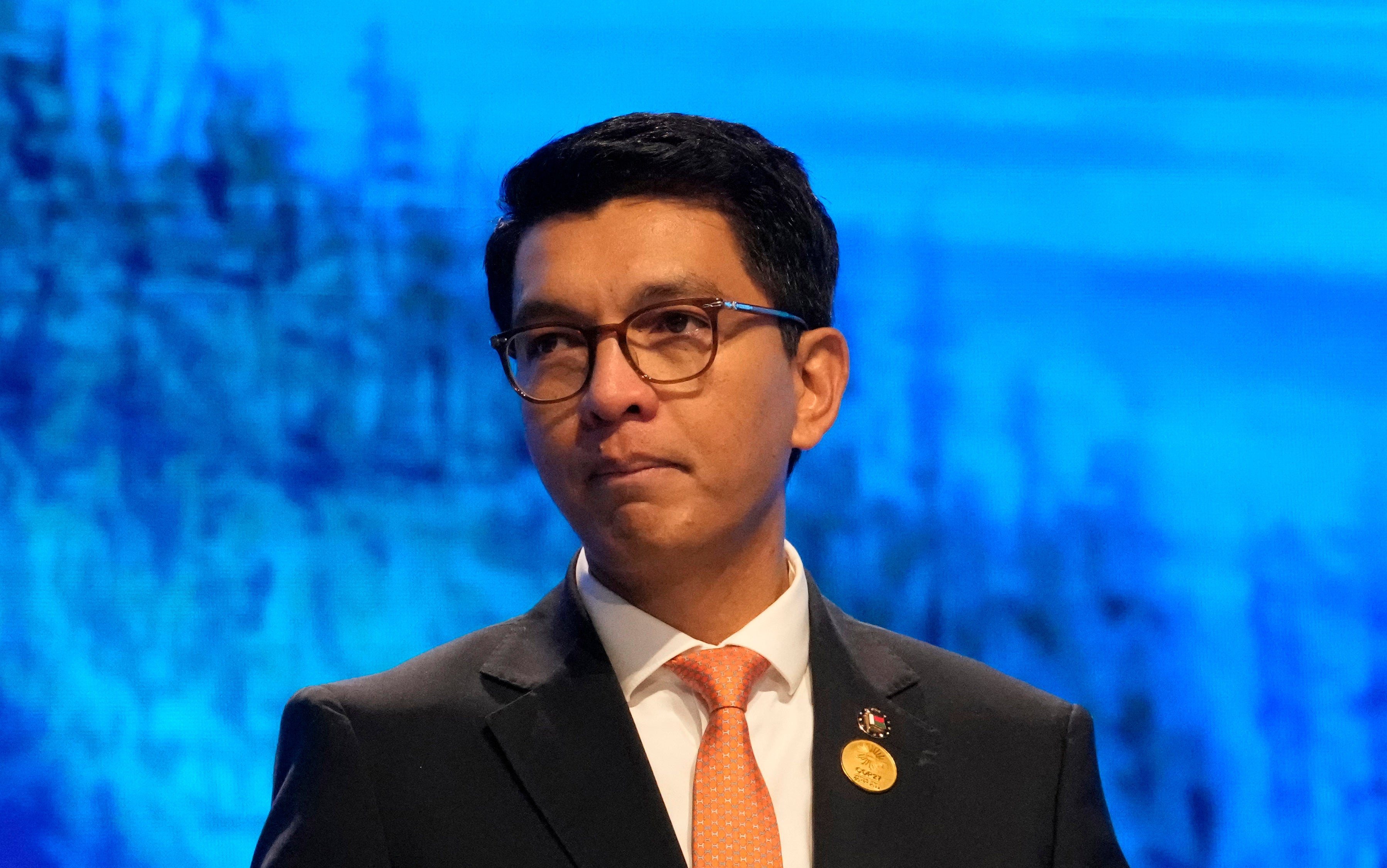New law will see child rapists castrated in Madagascar
Madagascar’s Parliament has passed a law allowing for the chemical and in some cases surgical castration of those found guilty of the rape of a minor

Madagascar's Parliament has passed a law allowing for the chemical and surgical castration of those found guilty of rape of a minor.
International rights groups have criticised the move but activists in the country have said they support it as an appropriate deterrent to curb a “rape culture.”
Parliament in the Indian Ocean island nation of 28 million passed the law on Febuary 2 and the Senate, the upper house, approved it last week. It must now be ratified by the High Constitutional Court and signed into law by President Andry Rajoelina, who first raised the issue in December. His government proposed the law change.
Justice Minister Landy Mbolatiana Randriamanantenasoa said it's a necessary move because of an increase in cases of rape against children.
In 2023, 600 cases of the rape of a minor were recorded, she said, and 133 already in January this year.
“Madagascar is a sovereign country which has the right to modify its laws in relation to circumstances and in the general interest of the people," Randriamanantenasoa said. “The current penal code has not been enough to curb the perpetrators of these offenses."
Surgical castration “will always be pronounced” for those guilty of raping a child under the age of 10, according to the law's wording. Cases of rape against children between the ages of 10 and 13 will be punished by surgical or chemical castration. The rape of minors aged between 14 and 17 will be punished by chemical castration.
Offenders also now face sterner sentences of up to life in prison as well as castration.

"We wanted to protect children much more. The younger the child, the greater the punishment,” Randriamanantenasoa said.
Chemical castration is the use of drugs to block hormones and decrease sexual desire. It is generally reversible by stopping the drugs. Surgical castration is a permanent procedure.
Several countries and some US states — including California and Florida — allow for chemical castration for some sex offenders. Surgical castration as a punishment is much rarer. The use of both is highly contentious.
Madagascar's new law was criticized by rights group Amnesty International as “inhuman and degrading treatment” that was inconsistent with the country's constitutional laws. The law should rather focus on protecting victims, said Nciko wa Nciko, an advisor for Madagascar at Amnesty.
“On the island, complaint procedures and trials are not carried out anonymously," he said. "There is a lack of confidence in the Malagasy criminal justice system, due to opacity and corruption. And reprisals against rape victims are frequent. However, the law does not combat these factors.”
He added that surgical castration was a problematic criminal sentence if anyone who underwent it was later exonerated of a crime on appeal. He also raised doubts over the capabilities of medical authorities to carry out the procedures.
But amid the criticism, some activists in Madagascar agree with the change in the law because nothing else seems to be working.
“There really is a rape culture in Madagascar," said Jessica Lolonirina Nivoseheno of the Women Break the Silence group, which campaigns against rape and supports victims. “We are in the process of normalizing certain cases of sexual violence, also minimizing the seriousness of these cases.”
"(The new law) is progress, because it is a deterrent punishment. This could prevent potential attackers from taking action ... but only if we, as citizens, are aware of the existence and importance of this new penalty.”
Bookmark popover
Removed from bookmarks